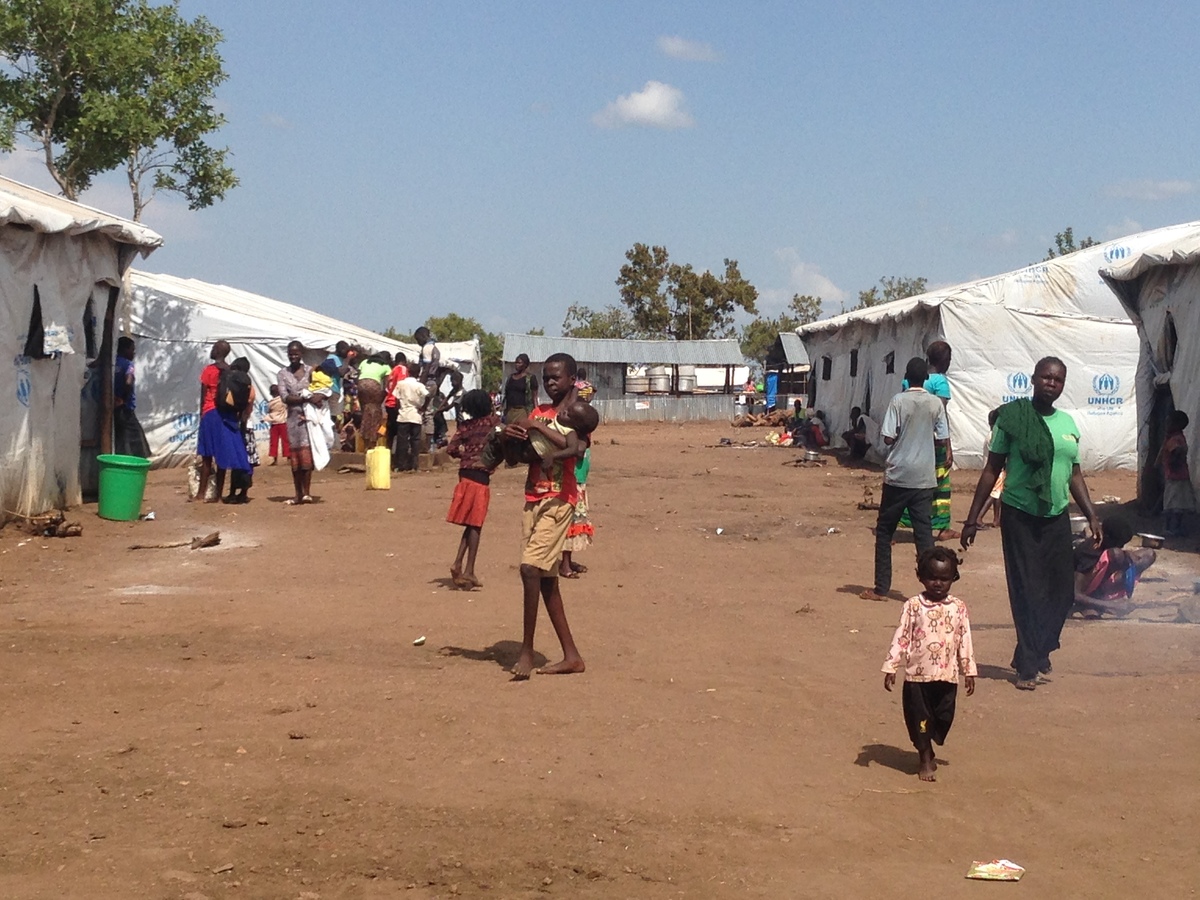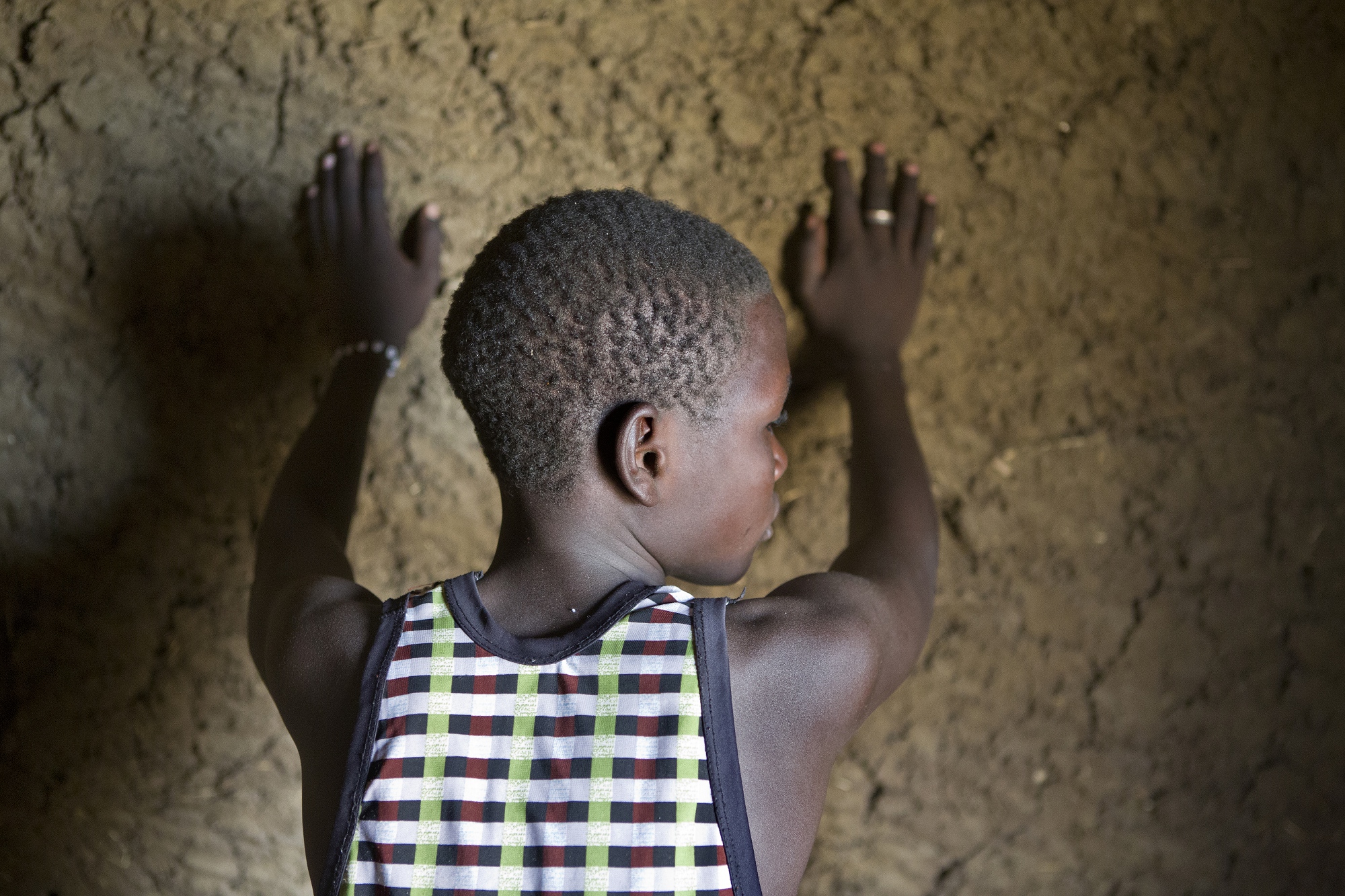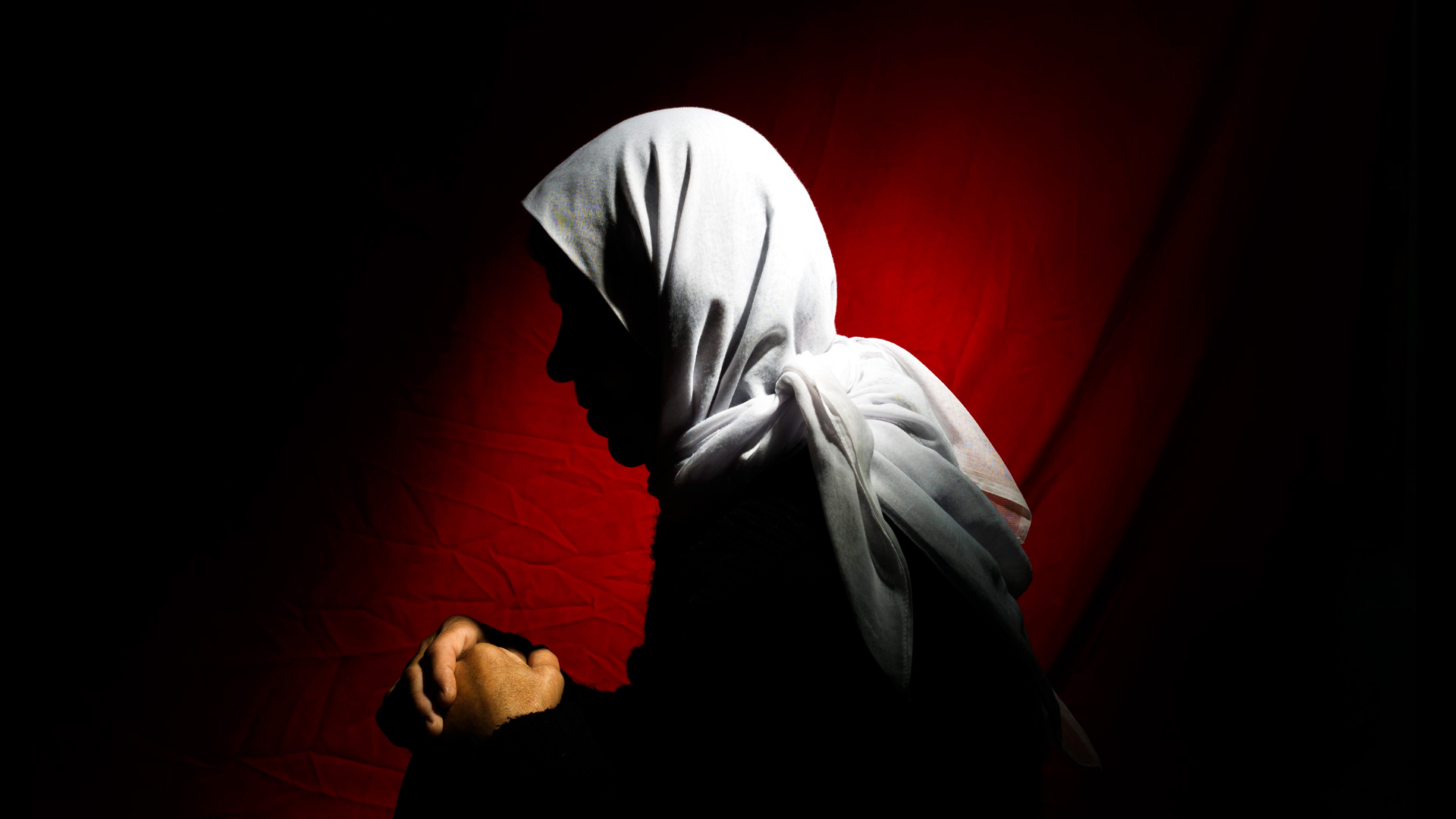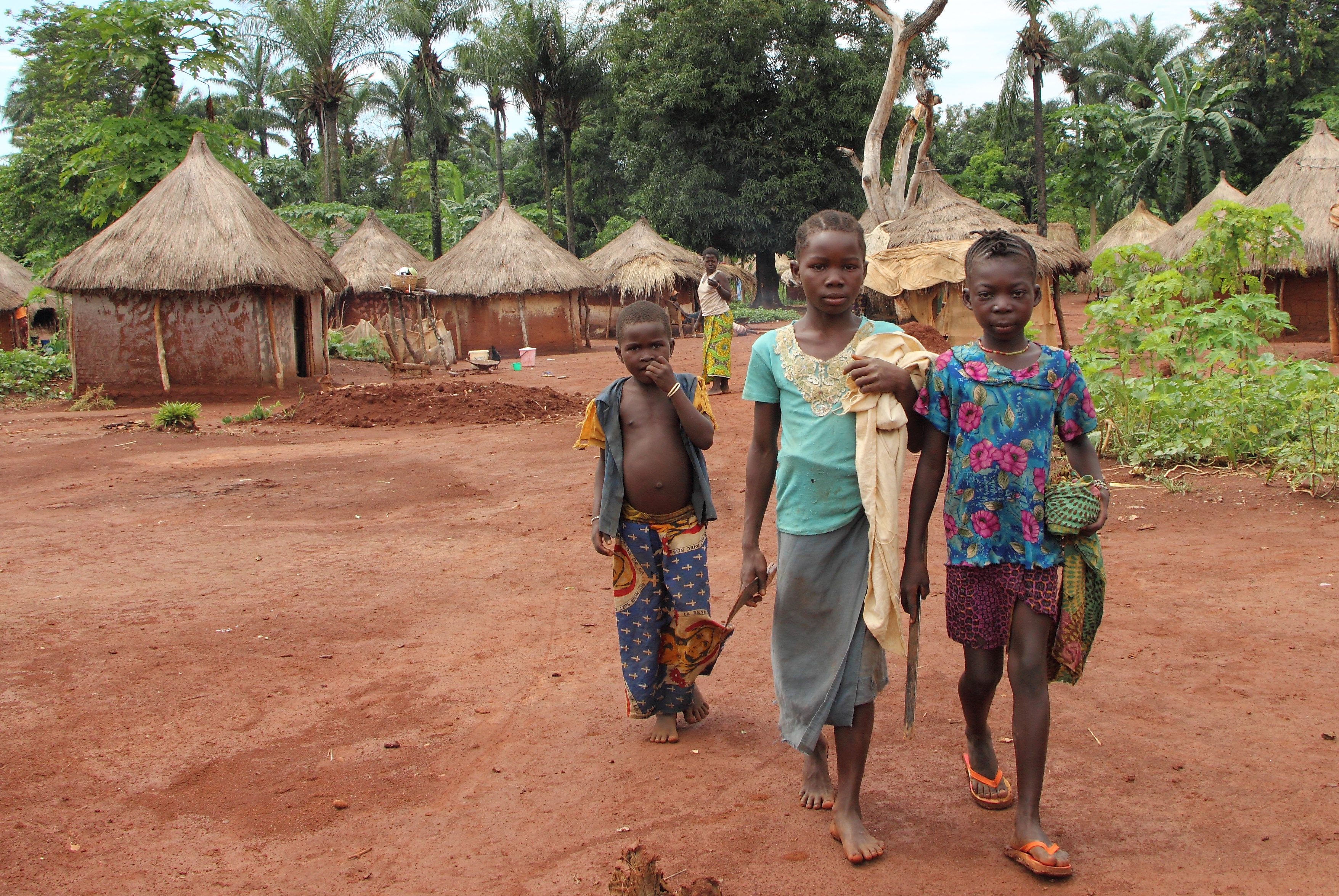Renewed fighting causes concern
Renewed fighting causes concern
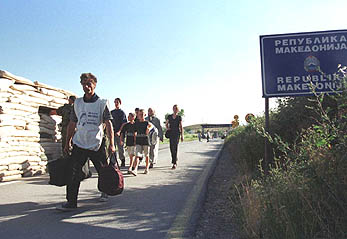
GENEVA, Aug. 10 (UNHCR) - The U.N. Refugee Agency Friday expressed alarm at the latest outbreak of fighting in the Former Yugoslav Republic of Macedonia (FYROM) which threatened to plunge the country into civil war despite the anticipated signing of a peace agreement next week.
The agency urged both sides in the conflict to refrain from deliberate attacks on civilians, and warned against the use of humanitarian assistance as a political weapon. In the past two weeks, aid convoys trying to reach trapped civilians have been subject to a series of 'retaliatory blockades.' Access to water and electricity was also increasingly being used as a 'bargaining chip' by opposing forces in some affected villages.
Clashes began again in the large ethnic Albanian town of Tetovo Thursday, and there were reports of almost daily kidnappings and harassment.
UNHCR received one desperate evacuation request from 40, mainly elderly, ethnic Macedonians trapped in the village of Lesok near Tetovo, who had become caught in the cross-fire between ethnic Albanian rebels and government forces.
Humanitarian agencies, however, have had no access to the area since 10 policemen were killed in an ambush on Wednesday. Angry Macedonians protested the killings, destroying Albanian- and Moslem-owned shops in the capital, Skopje, and Prilep, the hometown of the slain officers south of the capital.
There were concerns that the latest violence could trigger new displacements of ethnic Albanians from the Prilep area. There was also a sharp decline in the number of refugee returns from Kosovo in the last several days, though an estimated 25,000 people have gone home since last month. Some 53,000 people remain in Kosovo.


